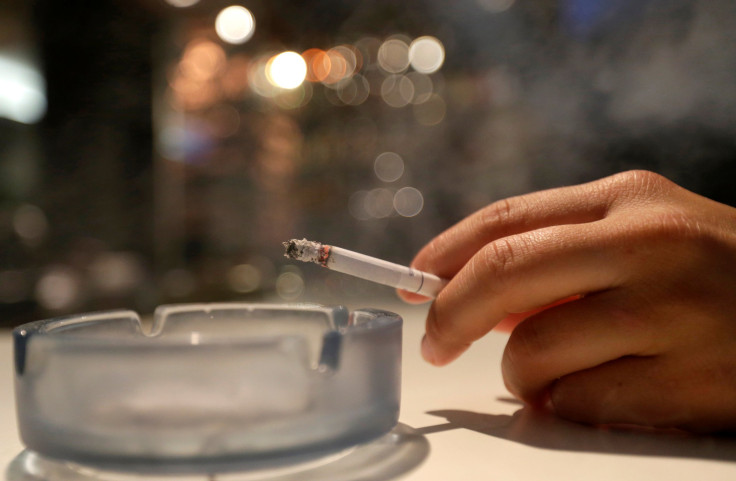Secondhand Marijuana Smoke Effects: Residual Pot Is Worse Than Smoke From Tobacco

New research published in the Journal of the American Heart Association, an open access journal affiliated with the American Heart Association, suggests secondhand marijuana smoke may be worse than secondhand cigarette smoke.
The study — conducted on rats by researchers at the University of California, San Francisco's Division of Cardiology — looked at blood vessel function before and after exposure to secondhand marijuana and tobacco smoke. The researchers found that inhaling secondhand marijuana smoke for one minute resulted in the rat’s arteries carrying blood less efficiently for at least 90 minutes. In comparison, rats exposed to secondhand tobacco smoke under similar conditions recovered within 30 minutes.
"While the effect is temporary for both cigarette and marijuana smoke, these temporary problems can turn into long-term problems if exposures occur often enough and may increase the chances of developing hardened and clogged arteries," said Matthew Springer, the study’s senior author and professor of medicine at the University of California, San Francisco's Division of Cardiology, in a news release.
The researchers also found that the blood vessel impairment is not caused by chemicals, say tetrahydrocannabinol (THC) in cannabis or nicotine in tobacco. Instead, burning cannabis is enough to cause problems in blood vessels. Inhaling smoke — regardless of the source — is the health concern.
"There is widespread belief that, unlike tobacco smoke, marijuana smoke is benign," Springer said. "We in public health have been telling the public to avoid secondhand tobacco smoke for years, but we don't tell them to avoid secondhand marijuana smoke, because until now we haven't had evidence that it can be harmful."
While the study looked at effects of secondhand smoke on rats and not humans, the findings are indicative of what could be a potential health risk.
"Arteries of rats and humans are similar in how they respond to secondhand tobacco smoke, so the response of rat arteries to secondhand marijuana smoke is likely to reflect how human arteries might respond," said Springer.
© Copyright IBTimes 2024. All rights reserved.












